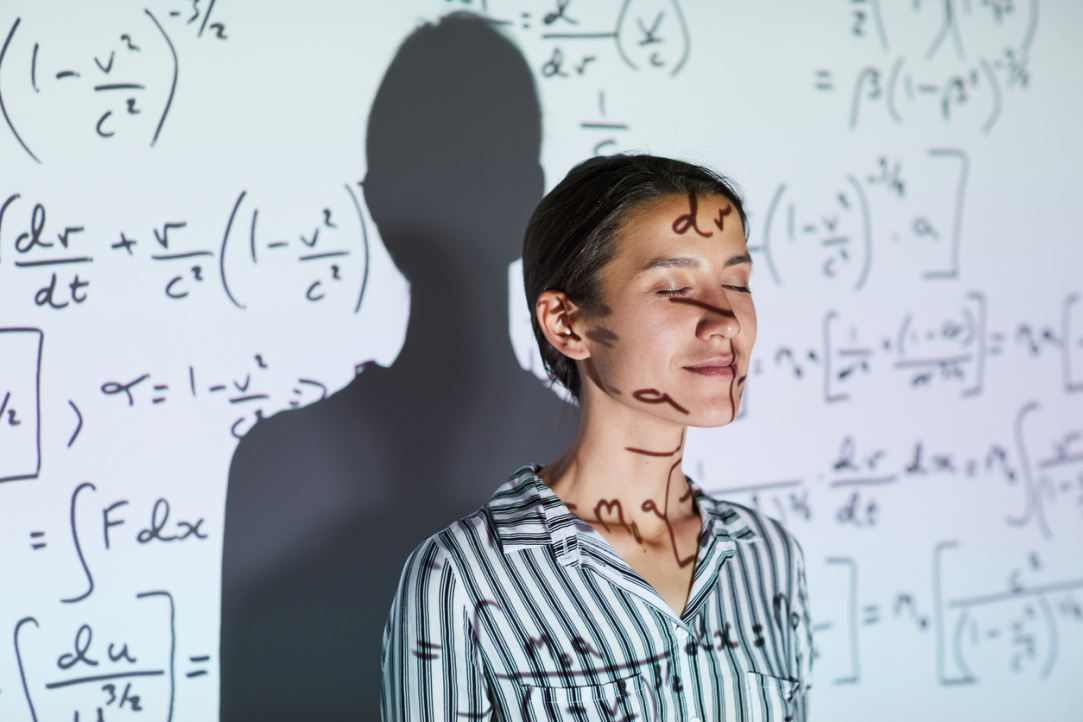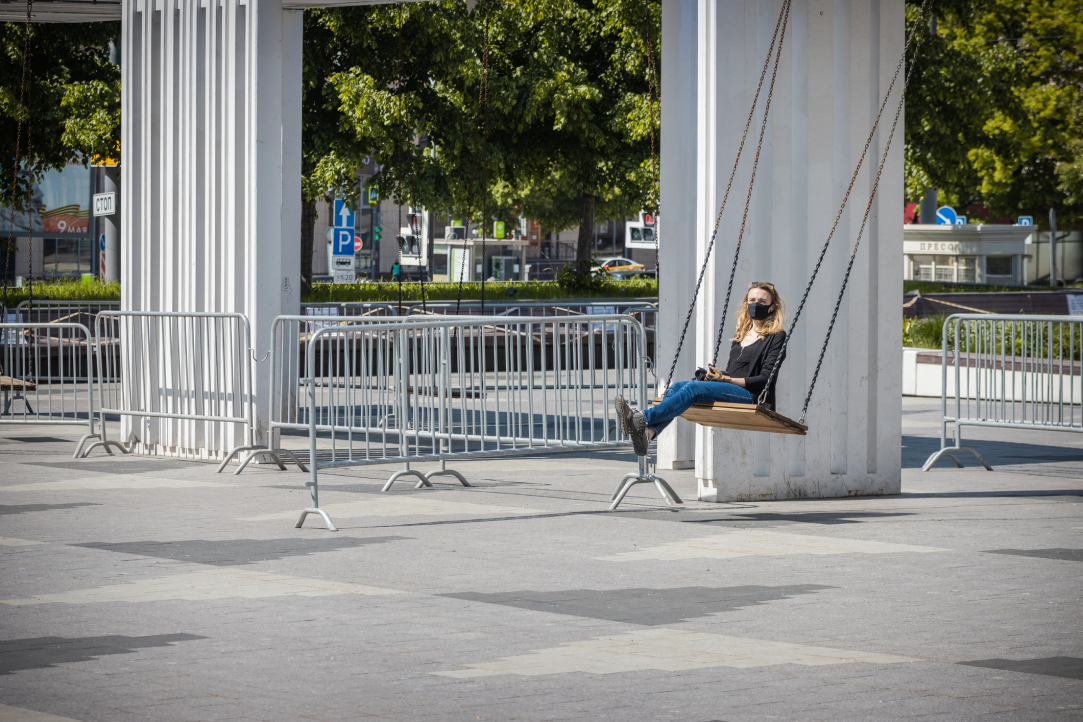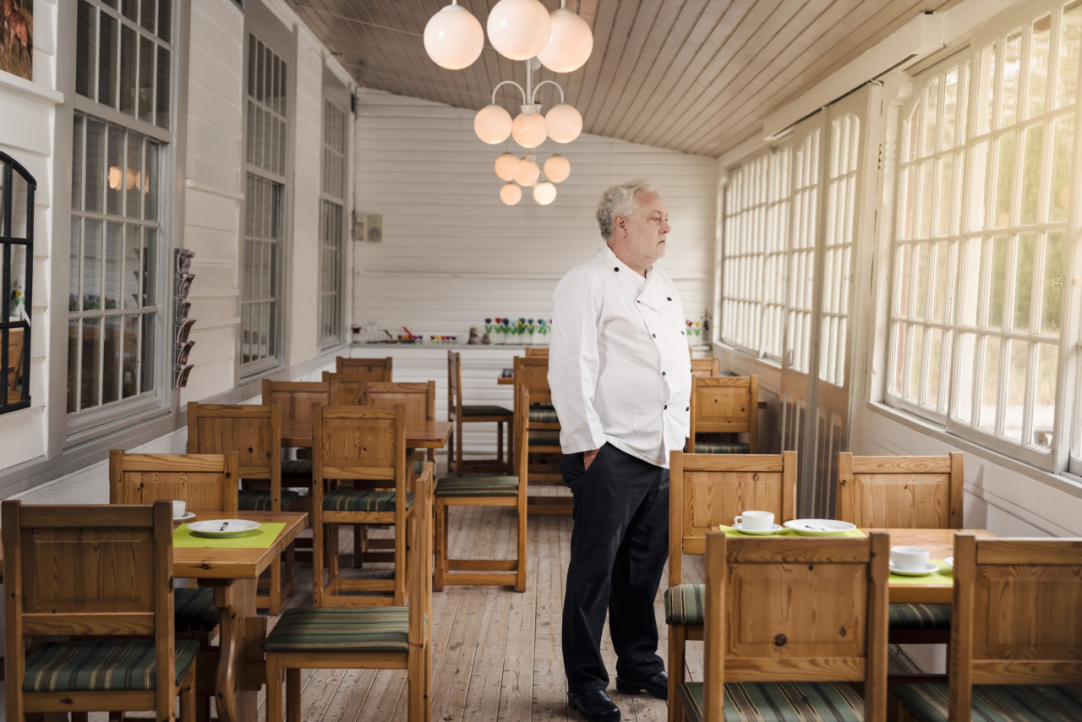
Artificial Intelligence for Proactive Policy: A Letter from Leonid Gokhberg to ‘Nature’
As the situation with COVID-19 has shown, mistakes associated with insufficiently developed policy measures in medicine, science, education and other socially significant sectors of the economy are very costly for society. In the July issue of Nature, Leonid Gokhberg, First Vice Rector of HSE University and ISSEK Director, discussed the topic of the growing practice of making management decisions based on big data analysis.

HSE Scientists Create Second Season Calendar for Russian Premier League
Experts from the HSE Laboratory of Sports Studies at the Faculty of Economic Sciences have developed software to create the Russian Premier League’s season calendar. According to the League's management, this approach proved effective last season when special algorithms were first used.

A Strong-Willed Population: How Russians’ Personal Qualities Influence Their Income Level
Russians who are open to new experience, conscientious, and emotionally stable have better chances of achieving professional and financial success. This is the finding of a study conducted by HSE researchers that analyzed the impact of personal qualities on the behavior of Russian citizens of various social and economic groups. The study was based on a vast range of data collected from 2000 to 2016.

STEM Not for Women? How Gender Stereotypes Stop Women from Becoming Programmers and Engineers
Young women are often discouraged from careers in STEM (Science, Technology, Engineering and Mathematics), resulting in fewer young engineers and programmers entering the labour market. A study by Natalia Maloshonok and Irina Shcheglova examines how and why gender stereotypes can disempower female students, leading to poor academic performance and high dropout rates.

Russia Is Among the Leaders of the Global COVID-19 Pandemic Response Efficiency Index
In a recent study, HSE University researchers analyzed and ranked the responses of 48 countries to the coronavirus pandemic. National responses were evaluated with regard to three factors: medical care, social support, and economic support. Among the 48 analyzed countries, Russia placed 7th, while Australia ranked the first.
.jpg)
A Ticket to the Rocky Mountains and Media Research
This year HSE University is launching a new Master's programme in Critical Media Studies. HSE bulletin HSE Look has talked to Olga Baysha, Associate Professor at the Faculty of Communications, Media and Design, who was involved in creating the programme, about her path in academia, research interests, and teaching.

From Application to Grant: How HSE University Prepares Future Researchers
In the beginning of 2020, six student research projects received funding from the HSE Centre for Student Academic Development (CSAD). The projects had been selected in a competition in which participants presented their research plans and the expected outcomes. At a reporting online seminar in July, team leaders summarized their achievements over the six months and spoke about how their work has been impacted by the pandemic.

‘Projects Will Bring Research Teams Together’
A number of new projects will form the basis of the educational and scholarly activity at HSE’s School of Philology. These projects will allow the School to expand its scholarly breadth, consolidate its active research teams, and engage new colleagues in collaboration. HSE News Service spoke with School Head Evgeny Kazartsev about the new projects, their anticipated outcomes, and what changes will need to be made in order to bring them to fruition.

The Light at the End of the Tunnel: First Signs of Economic Recovery
In June 2020, most of the leading indicators showed a major slowdown in the contraction of the global economy. In July, however, the consolidated Russia stress index dropped back down to the level of February. HSE experts explore these issues in the ninth analytical newsletter on the economic and social aftereffects of the coronavirus in Russia and the world.

‘The Sports Market Will Survive, Although It’ll Be Cast Back to Where It Was Years Ago’
On July 3, 2020, the 4th Eastern Conference on Football Economics and the 6th Western Conference on Football and Finance were held. Jointly organized by HSE University, the University Paderborn, the New Economic School, the EWG OR in Sports, and the University of Reading, the conference was dedicated to the economic, financial and social aspects of football. Some of the organizers and participants of the conference spoke to the HSE News Service about the conference and their research.

